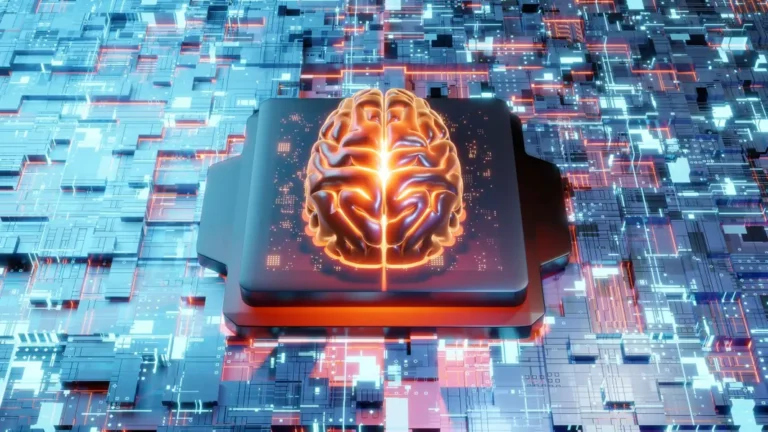
Introduction
Depression is a prevalent mental health condition that affects millions of individuals worldwide. It can make daily life challenging, impacting everything from work performance to personal relationships. Fortunately, there are various depression treatment options that can help individuals regain control over their lives and experience a sense of well-being once again. This article will explore effective treatment methods for managing and alleviating depression.
1. Psychotherapy: A Crucial Component in Treating Depression
Psychotherapy, also known as “talk therapy,” is one of the most effective treatments for depression. Through structured conversations with a trained therapist, individuals can gain insight into their thoughts, emotions, and behaviors. Cognitive-behavioral therapy (CBT) is particularly popular for treating depression, as it helps individuals identify and change negative thought patterns that contribute to feelings of hopelessness and sadness.
Types of Psychotherapy for Depression:
- Cognitive Behavioral Therapy (CBT): This type of therapy focuses on identifying and altering negative thought patterns and behaviors.
- Interpersonal Therapy (IPT): This approach focuses on improving interpersonal relationships, which can be a major source of stress and depression.
- Psychodynamic Therapy: This therapy aims to explore unconscious thoughts and emotions to understand past patterns and their impact on current behavior.
Psychotherapy provides a safe space for individuals to work through their depression and develop coping strategies that can lead to long-term emotional healing.
2. Medication: Pharmacological Treatment for Depression
In many cases, antidepressant medications are prescribed to individuals with moderate to severe depression. These medications work by balancing chemicals in the brain, such as serotonin and norepinephrine, which regulate mood and emotions. Medications can help manage symptoms, allowing individuals to engage more effectively in therapy and other forms of treatment.
Common Antidepressants Prescribed:
- Selective Serotonin Reuptake Inhibitors (SSRIs): These are the most commonly prescribed medications and work by increasing serotonin levels in the brain.
- Serotonin-Norepinephrine Reuptake Inhibitors (SNRIs): SNRIs also work on serotonin but additionally increase norepinephrine levels, which helps with mood regulation.
- Tricyclic Antidepressants (TCAs): These are older medications that may be prescribed when other treatments aren’t effective.
While antidepressants can be effective, they may take several weeks to show noticeable improvements. It is essential to work closely with a healthcare provider to find the right medication and dosage.
3. Lifestyle Changes and Healthy Habits
Lifestyle changes play a significant role in the treatment of depression. Maintaining a healthy diet, exercising regularly, and getting enough sleep are essential components of mental well-being. These habits help improve mood, reduce stress, and increase energy levels, all of which contribute to better mental health.
Lifestyle Adjustments to Combat Depression:
- Regular Exercise: Physical activity boosts endorphins and serotonin levels, which help improve mood and reduce anxiety and depression.
- Healthy Diet: Eating a balanced diet rich in fruits, vegetables, lean proteins, and healthy fats supports overall brain health and energy levels.
- Adequate Sleep: Depression often disrupts sleep patterns, so it’s essential to establish a regular sleep schedule to help regulate mood and energy levels.
Incorporating these habits into daily life can create a solid foundation for managing depression and improving overall quality of life.
4. Mindfulness and Meditation Techniques
Mindfulness and meditation are powerful tools in the treatment of depression. These practices encourage individuals to focus on the present moment and become more aware of their thoughts and emotions. By practicing mindfulness, individuals can learn to observe their feelings without judgment and reduce the tendency to dwell on negative thoughts.
Benefits of Mindfulness and Meditation:
- Reduces Stress: Mindfulness practices help reduce stress by teaching individuals how to respond to difficult emotions without becoming overwhelmed.
- Promotes Self-Awareness: Regular meditation and mindfulness practices can enhance self-awareness, helping individuals identify the triggers of their depressive symptoms.
- Improves Emotional Regulation: Learning to regulate emotions through mindfulness can prevent mood swings and prevent negative thought spirals.
Integrating mindfulness and meditation into your routine, even for just a few minutes a day, can have a profound impact on mental health.
5. Support Networks and Social Support
Having a strong support network can be essential for managing depression. Talking to friends, family, or support groups can provide comfort, encouragement, and understanding during difficult times. Social support can reduce feelings of isolation and remind individuals that they are not alone in their struggles.
Ways to Build Social Support:
- Reach out to loved ones: Share your feelings with close friends or family who can offer emotional support.
- Join a support group: Many online and in-person support groups are available for those with depression to connect with others who understand their experiences.
- Consider family therapy: When relationships are affected by depression, family therapy can help rebuild communication and support.
Having a solid support system can make the recovery process easier and provide a sense of belonging and connection.
Conclusion
Depression is a challenging mental health condition, but it is treatable. By utilizing a combination of psychotherapy, medication, lifestyle changes, mindfulness techniques, and social support, individuals can successfully manage and overcome depression. If you are struggling, don’t hesitate to reach out for professional help.
For those planning a trip to India, it’s essential to ensure your visa is in order. Aruba citizens can apply for an Indian Visa for Aruba Citizens, and Canadians can review the Indian Visa from Canada for detailed instructions.
By taking proactive steps towards treatment, it is possible to find relief from depression and lead a fulfilling life.





